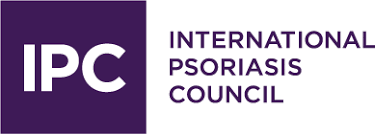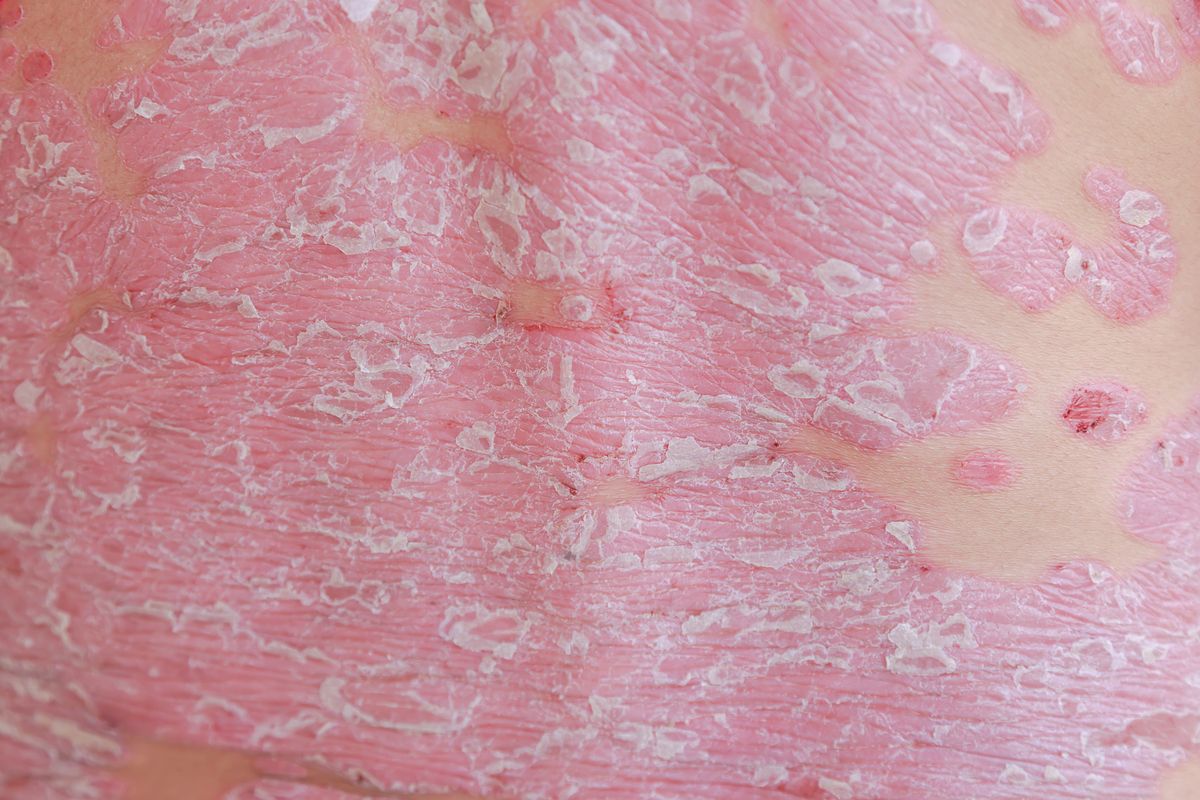- Bone Health
- Immunology
- Hematology
- Respiratory
- Dermatology
- Diabetes
- Gastroenterology
- Neurology
- Oncology
- Ophthalmology
- Rare Disease
- Rheumatology
IPC Guidance Is Issued on Safety of Biosimilar Switching in Psoriasis
The International Psoriasis Council (IPC) reaches consensus on switching, patient agreement, and biosimilar safety and efficacy qualification. The IPC guidance is conservative when it comes to substitution of these products.
Guidance from the International Psoriasis Council (IPC) on biosimilars emphasizes a cautious approach to switching patients from reference products (RPs) to biosimilars and retention of physician control when it comes to substitution.
Further, the IPC guidance recommends that switching from RPs to biosimilars in psoriasis should be done only with patient knowledge and agreement.
The IPC notes the FDA’s strong emphasis on pharmacokinetic (PK) and pharmacodynamic (PD) aspects of biosimilars and its tendency to place less value on clinical studies in the determination of biosimilarity, compared with the development of RPs. However, the IPC guidance indicates the group wants clinical evaluations to continue to play a significant role in verifying the safety and efficacy of biologics, including biosimilars.
“Clinical testing for regulatory approval must be conducted in a patient population sensitive enough for the detection of differences in efficacy or safety between the biosimilar and reference products,” authors of the guidance wrote.
The IPC convened a panel of experts (N = 23) on psoriasis and polled them for consensus on a myriad of biosimilar issues, including switching, extrapolation (using biosimilars off label), and physician-patient agreement. The responses were unanimous or near unanimous for almost all topics.
They failed to achieve consensus on the following 2 statements:
- Multiple switches between various biosimilars and reference biologics is not the preferred option but is acceptable (15/23; 65% positive).
- Switching between different biosimilars should be performed with caution, until more evidence is generated supporting this practice (17/23; 74% positive).
“These results indicate that single or multiple switching between biosimilars in patients with psoriasis is still open to argument in the councilors’ opinions,” the IPC wrote.
“Switching clinically stable patients from originator biologics to their biosimilar
alternatives still raises some concerns, although according to the available clinical trials and literature reviews, a single switch from an originator to a biosimilar is not associated with any significant risk or loss of efficacy,” the guidance states.
The IPC guidance called for careful patient monitoring “using a registry and long-term observational studies” to add to the library of evidence and inform on the safety of multiple switches.
Consensus was achieved for 36 of the remaining statements put to the group.
Clinical trial designs should incorporate at least 2 switches between the biosimilar candidate and the RP (96%), they said. And use of biosimilars in diseases for which they were not directly approved (extrapolation) was also considered acceptable (83%), although the IPC suggests some regulatory guidance is important for extrapolation.
They expressed support for switching patients who are “stable” on RPs to biosimilars, provided there is physician and patient agreement (87%), and initiating biosimilar treatment in biologic-naive patients with psoriasis also is acceptable with physician-patient agreement (96%).
Pharmacy Counter Substitution of Biosimilars
When it comes to substituting biosimilars for RPs, the IPC guidance is conservative:
- Clinicians should be notified and should provide approval prior to any originator or biosimilar drug substitution being made (22/23; 96%).
- Clinicians should be given explicit authority to override any suggested substitutions (21/23; 91%).
Substitution would be conducted at the pharmacy counter, meaning a pharmacist would intervene to some degree and dispense a biosimilar instead of an RP. Some institutions have developed substitution policies to save money on use of biologics. Interchangeable status, an FDA designation that requires switching studies, would make it possible for substitution to be carried out more broadly; however, just 1 biosimilar, an insulin glargine (Semglee), has qualified for interchangeable status so far.
Texas Oncology recently studied the results of an in-house biosimilar substitution program and reported significant savings.
The guidance stresses that biosimilars should be clearly identifiable and given names that facilitate recognition and tracking and, further, these names should not differ country to country. For example, biosimilar developers sometimes market the same products under different brand names in the United States vs the European Union.
However, biosimilar usage policies should be made locally, and dermatologists and dermatologists’ professional associations should be able to participate in the policy and regulatory decisions concerning use of biosimilars, the IPC guidance states.
- Practice guidelines for biosimilars should be developed at a local level, which will differ across countries throughout the world (87%).
Copy Biologics That Do Not Qualify as Biosimilars
The IPC guidance expresses full support (100%) for avoidance of nonbiosimilar agents that may not meet standards for clinical equivalence to RPs. The group agreed that “biocopies,” “intended copies,” and “biomimic products” do not qualify as biosimilars and should not be used (100%).
Such copy products are prevalent in the developing world, where regulatory authorities may not have quality control standards that are appropriate for the production and development of these agents, biopharmaceutical companies may lack technological sophistication or resources to produce high-quality biologics, and biologics widely available in developed and industrialized countries may not be affordable to patients in developing countries.
Newsletter
Where clinical, regulatory, and economic perspectives converge—sign up for Center for Biosimilars® emails to get expert insights on emerging treatment paradigms, biosimilar policy, and real-world outcomes that shape patient care.


